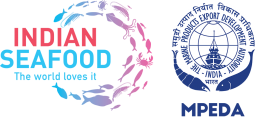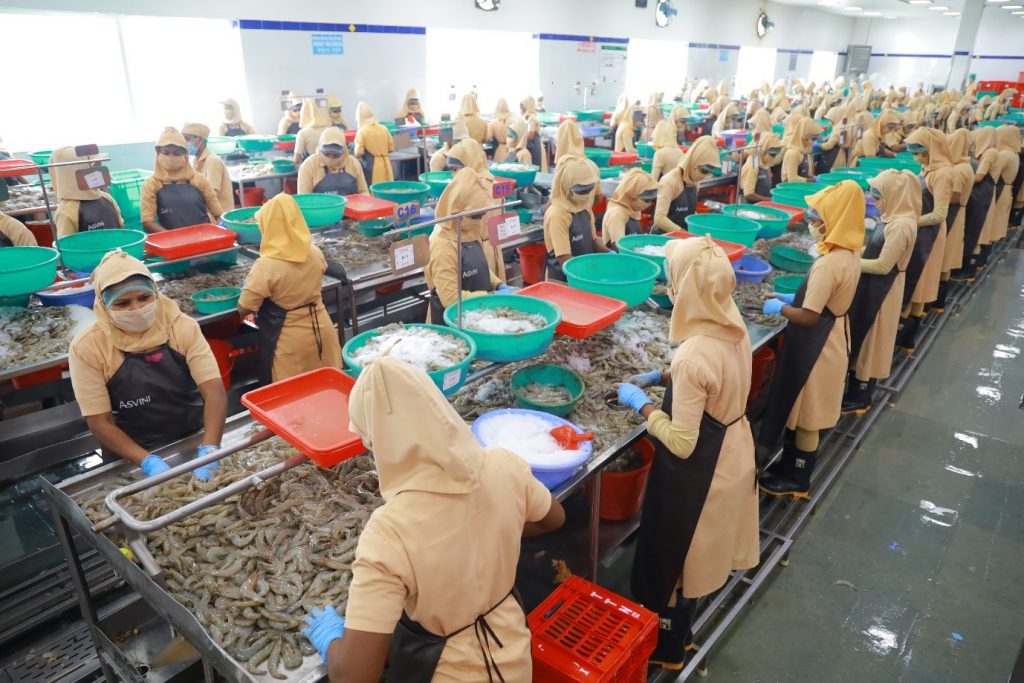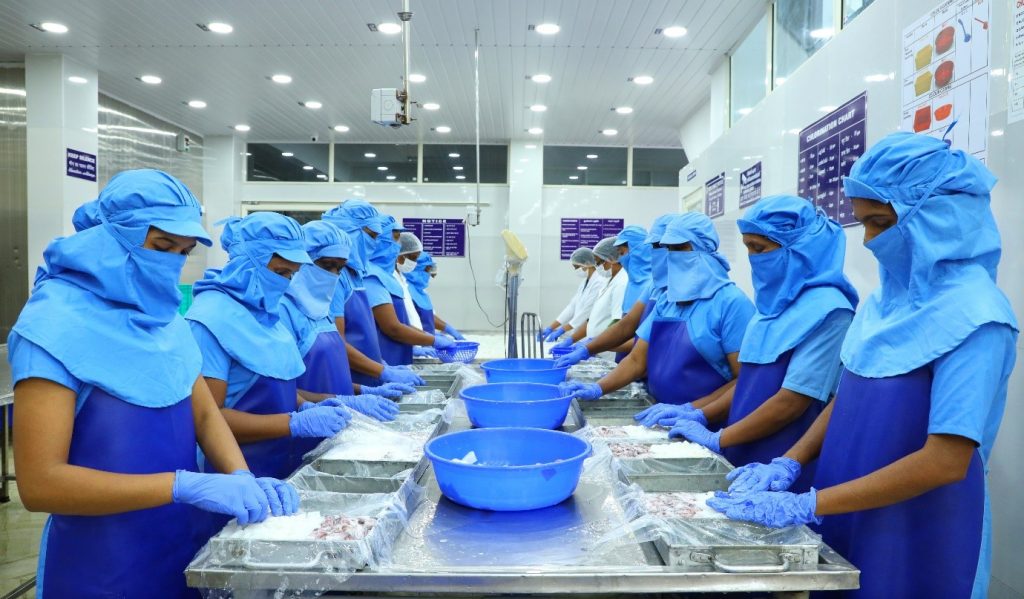The Indian seafood sector has long been the backbone of the country’s thriving export market, contributing significantly to the national economy. However, the sector has recently been the subject of allegations regarding labour rights and worker welfare. Contrary to these claims, the Indian seafood sector operates within a robust legal framework that prioritises the protection of labour rights and ensures that workers are treated with dignity and respect.
At the forefront of this commitment is the Marine Products Export Development Authority (MPEDA), the apex body responsible for the enhancement of the seafood sector in India. MPEDA, in collaboration with other organizations under its purview, such as the Seafood Exporters Association of India (SEAI) and the Coastal Aquaculture Authority (CAA), has implemented comprehensive programs to uphold labour rights and enhance worker welfare across the sector.
The foundation of this effort lies in the strong labour laws that are in place in India. From the Factories Act, of 1948, to the Minimum Wages Act, of 1948, and the Employees’ Provident Funds and Miscellaneous Provisions Act, of 1952, the Indian government has put in place a robust regulatory framework to ensure the fair treatment of workers. Seafood processing units and hatcheries are required to maintain safe working conditions, provide adequate rest periods, and ensure that wages are paid on time and by minimum wage standards.
India has a robust regulatory framework for its 548 seafood units and it has set up world-class facilities in the fish processing sector, which are regularly inspected and monitored by various government agencies. MPEDA has taken a proactive approach by partnering with industry associations to implement comprehensive programs that go beyond mere compliance.
All the Seafood processing units are registered with MPEDA (Marine Products Export Development Authority) and FSSAI (Food Safety and Standards Authority of India) and approved by EIC (Export Inspection Council) as mandated by the law.
The shrimp hatcheries and aquaculture farms are registered with the Coastal Aquaculture Authority (CAA) and State Fisheries Departments based on their respective locations.
MPEDA also enrols aquafarms to bolster the traceability system of aquaculture products and adhere to national and international regulatory provisions, including the Seafood Import Monitoring Programme (SIMP) of the US.
The production and processing systems are regularly monitored by regulatory agencies in India and are subjected to audits by inspectors of the US FDA (Food and Drug Administration), European Commission, GAC of China, Export Inspection Agency, MPEDA, etc., in addition to scores of private and certification audits.
MPEDA has collaborated with processing units and hatcheries to provide workers with the necessary personal protective equipment, conduct regular safety training, and establish strong grievance redressal mechanisms and these activities are being continued through its field offices in all the maritime states. Additionally, MPEDA has been at the forefront of efforts to promote gender equality in the seafood industry. The authority has established gender-sensitive policies and guidelines, in partnership with the Coastal Aquaculture Authority, to address issues such as sexual harassment, pay parity, and career advancement for women workers.
MPEDA has also recognized the unique challenges faced by migrant workers and has taken proactive steps to safeguard their rights. Through its collaboration with the Seafood Exporters Association of India, the authority has implemented programs to provide migrant workers with access to social security benefits, adequate housing, and access to healthcare facilities.
By working closely with industry associations and regulatory bodies, MPEDA has demonstrated its unwavering commitment to ensuring that the Indian seafood sector upholds the highest standards of labour rights and worker welfare. The Labour Departments in various states regularly monitor the activities of both organised and unorganised sectors involved in aquaculture and fish processing.
MPEDA also does collaborative inspections of these establishments for approval of registrations, approval and renewal of approval and the adherence of this establishment to the laid down regulations will be assured.
This commitment not only serves to counter the negative allegations often directed at the sector but also positions the Indian seafood sector as a global leader in socially responsible and ethical practices. As the seafood sector continues to grow and evolve, MPEDA remains steadfast in its mission to foster an environment where worker rights are respected, and the well-being of the workforce is prioritized. Through its collaborative efforts and unwavering dedication, the authority is confident that the Indian seafood industry will continue to set the benchmark for labour rights and worker welfare, both nationally and globally.




